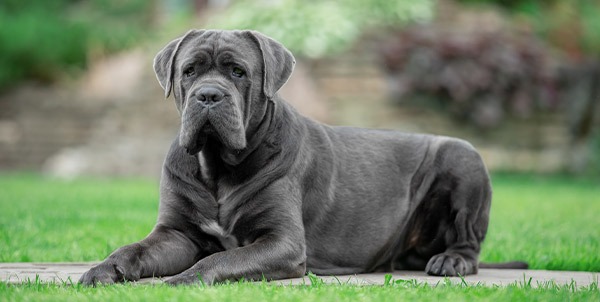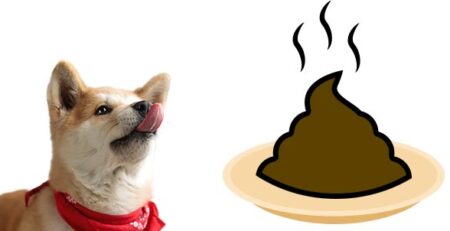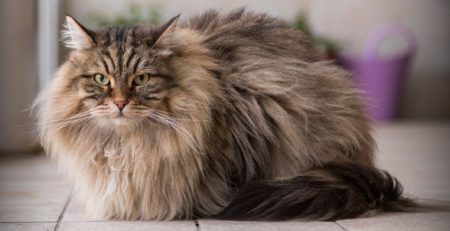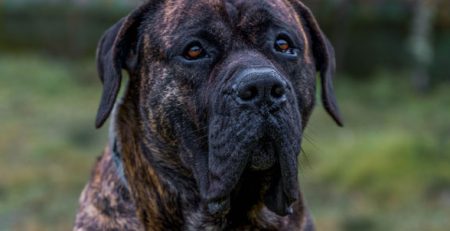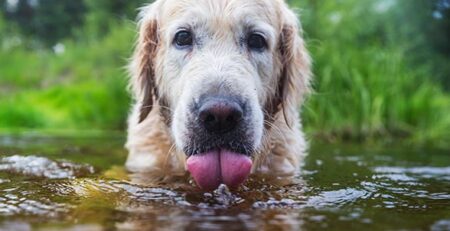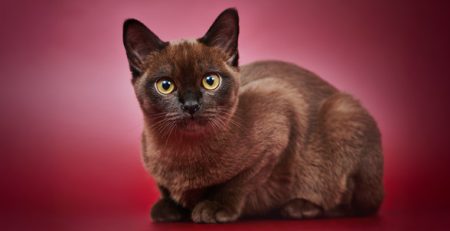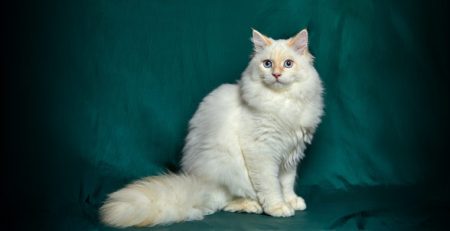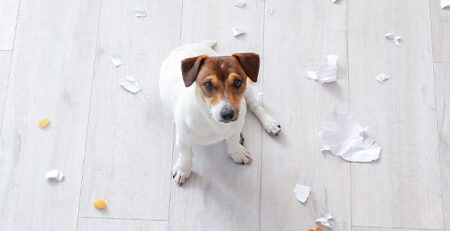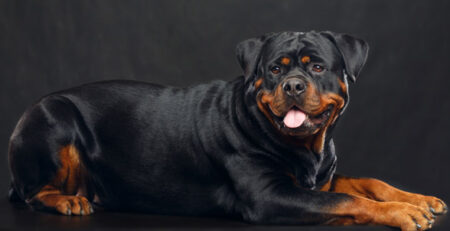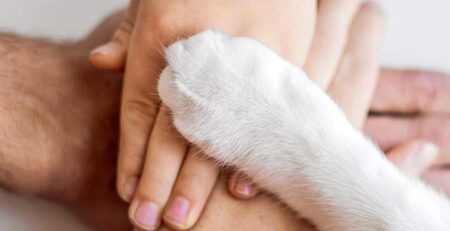The Italian Corsican dog: a gentle giant
The Italian Corsican dog is a molossus that boasts an ancient history that takes us back centuries. Its ancestor is the Canis Pugnax, a large dog that accompanied Roman legionaries and was delegated the task of defending territory and encampments as well as hunting big game. Over the centuries, the Cane Corso has become a working dog used mainly for livestock control. Strong, brave, agile, skittish and imposing, the Corso was for decades the four-legged “colleague” of sheep and pig farmers until the 1950s. Beginning in the 1960s, as the countryside was gradually abandoned, the breeding of these dogs also declined sharply to such an extent that the number of specimens was drastically reduced. The few survivors were concentrated in southern Italy between Campania, Puglia and Basilicata. It was not until the 1970s that a recovery effort began, as this dog exerted an undeniable appeal because of its physical appearance but also its temperament.
Breber, Gandolfi and Malavasi: the enthusiasts who lifted the breed’s fortunes
In 1979 a trio of enthusiasts, Paolo Breber, Stefano Gandolfi and Luciano Malavasi, decided it was time to attempt the breed’s recovery. And so it was that they took a census in Puglia of all traceable Corsican dogs, selecting among them those suitable for breeding. In 1987 the Enci Board of Directors identified the dog as the Basir the prototype of the breed, later officially recognized in 1994.
From rustic farm dog to playful companion dog
The Cane Corso is known for its protective, loyal and courageous temperament. It is a reserved dog with strangers, but very affectionate and devoted to its family: it would give its life for its humans because of the protective instinct that makes it an exceptional guardian. Extremely intelligent and sensitive, he cannot be left alone for long without doing anything because in his DNA he is still a working pack dog who needs stimulation and activities to do.
Growth and proper nutrition
Nutrition plays an important role in the health and well-being of your paw friend from the time he is still a puppy.Without adequate protein intake, a Corso puppy is at risk of growing too fast and having joint problems. In fact, both overweight and a diet lacking the proper nutrients for growth are the main causes that predispose large breed puppies to developing joint disease. Specifically, there is a hereditary disease, DSRA, which exclusively affects the Italian Corso dog breed.
The DSRA and other predispositions
La DSRA(Dento-skeletal-retinal abnormality) manifests through a series of abnormalities in the development and growth of the skeleton and teeth of the Course and is associated with a Progressive retinal degeneration leading to loss of vision in the dog.
The cause of this Dento-skeletal-retinal Anomaly DSRA lies in a mutation in the MIA3 gene. Thanks to genetic testing, it is possible to identify carriers of the mutant allele and prevent the breeding of puppies with this hereditary disease. Other diseases that can affect this magnificent dog:
- Torsion of the stomach
- Entropion, When the eyelid tends to turn inward in the eye.
- Hip dysplasia
- Demodectic mange
- Cryptorchidism
Big, thick and buttery
The Corso dog’s tonnage is remarkable: adult males weigh from 45kg up to 50kg, while females weigh slightly less, from 40kg up to 45kg. Its weight and size might be intimidating, but it is all appearance: the substance is that the Corso has a heart of butter. In fact, the Corso dog is a gentle giant but as a careful guardian, it does not tolerate well the presence of guests especially strangers so it is the ideal dog for not too “social” families with homes frequented by a coming and going of friends and relatives. He bonds very much with the family and needs humans to spend time with him, inside and outside the home, The Corso should live inside the home and should NOT be relegated to the garden to guard the home. If you have these needs, install a video surveillance system and get the idea of getting a Corso out of your head.
To have your Corsican dog checked and for periodic check-ups, contact the veterinary doctors on our staff who are always available to you.
We would also like to remind you that Clinica La Veterinaria is always open h24 every day including holidays and with First Aid service from 8 pm to 8 am.

